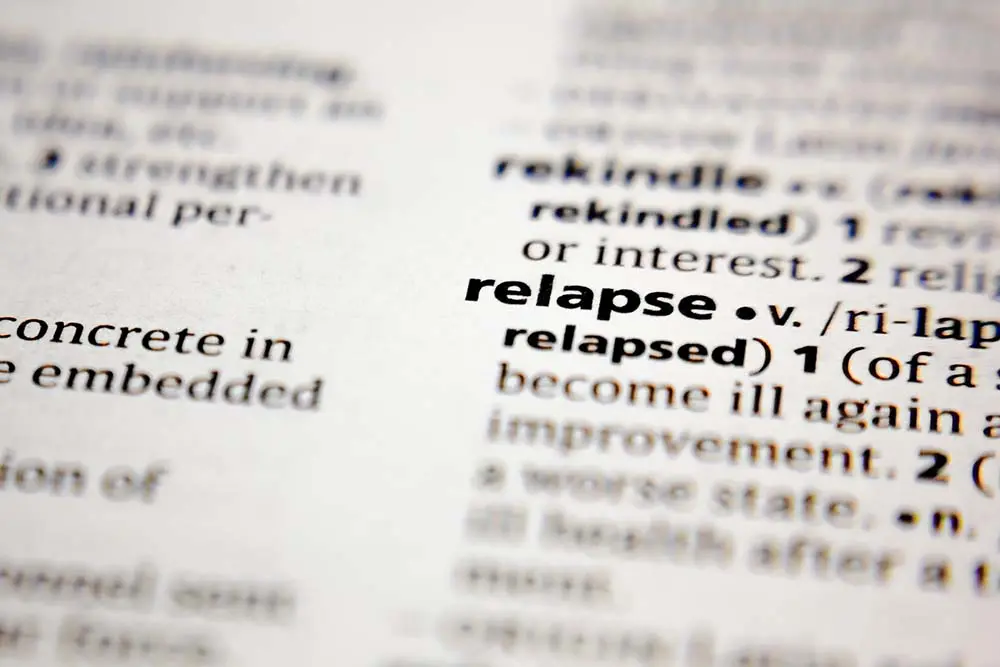Drug addiction affects millions of people worldwide, crossing all social, economic, and cultural boundaries. Yet despite being a recognized medical condition, those struggling with addiction often face intense stigma, including shame, social disapproval, and discrimination. While each person’s experience is unique, the burden of judgment and misunderstanding is a common thread. Rather than receiving support for a chronic illness, many face blame and criticism for their condition, leading to isolation and delayed treatment. This stigma creates a barrier of silence, making it harder for people to acknowledge their struggles and seek the help they need.
It’s not always easy to recognize signs of drug use in yourself or others. By understanding what addiction looks like and learning to identify its early warning signs, you can take the first crucial step toward getting appropriate support and treatment. Here are some ways to recognize a problem with drugs.
If you are concerned that you or someone you know has a problem with drugs, the main signs of addiction include:
These warning signs may not all be present at once, and their intensity can vary from person to person. However, experiencing even a few of these signs suggests it’s time to evaluate your relationship with drugs. Remember, recognizing these signs in yourself or others is a crucial first step toward getting the help needed for recovery.
Drugs can also change personalities and behaviors, or make people act in ways that they normally don’t. At first, these behaviors may happen infrequently, so it may be hard to notice them. Over time, they may occur more regularly as drug usage increases. These changes include:
While these behavioral changes might seem subtle at first, they often become more pronounced over time. Recognizing these patterns early can make a significant difference in getting help before the addiction progresses. If you notice several of these changes in yourself or someone else, it’s important to take them seriously and reach out for professional guidance.
Drug addiction can cause noticeable changes in a person’s physical appearance and health. While some changes may develop quickly, others might appear gradually over time. Common physical signs of drug use include:
Appearance Changes:
Body Function Changes:
Physical Health Issues:
These physical symptoms often appear alongside behavioral and mental health changes. While individual signs might have other explanations, multiple symptoms occurring together may indicate a substance use problem that requires professional attention.
Drug addiction and mental health are closely connected, often influencing and amplifying each other. While mental health changes can occur for various reasons besides drug addiction, persistent mental health symptoms alongside other warning signs may indicate a substance use disorder. People struggling with addiction may minimize or deny these mental health impacts, making it important to recognize potential signs early.
Common mental health changes associated with drug use include:
These changes often develop gradually and may worsen over time without proper intervention. If you notice these symptoms in yourself or someone else, especially combined with other signs of drug use, it’s important to seek professional help.
Long-term drug use can trigger or worsen various mental health disorders. Sometimes these conditions develop directly from substance use, while in other cases, drugs may unmask or intensify underlying conditions. Common mental health disorders associated with drug addiction include:
It’s important to understand that these disorders can be effectively treated alongside addiction treatment. Many treatment programs offer integrated care that addresses both substance use and mental health conditions simultaneously, leading to better outcomes for long-term recovery.
Not everyone who uses drugs becomes addicted, but many do. According to the National Institute on Drug Abuse and other sources, about 40.3 million people in the United States had a substance use disorder (SUD) in 2020. There are certain factors that put people at a greater risk of developing an addiction.
Understanding these risk factors can help you recognize vulnerability to addiction in yourself or others. However, having one or more risk factors doesn’t guarantee addiction will develop, and their absence doesn’t prevent it. The key is staying informed and seeking help early if concerns arise.
There isn’t an overnight cure for substance use disorders, but with treatment, it is possible to get better over time. Treatment builds a solid foundation of physical and mental strength, as well as a system of support to rely on for help.
Depending on your specific goals and needs, there are many types of treatment programs and resources available, which include:
Recognizing the early signs of substance use disorders can feel overwhelming, but it’s also the first step toward taking back control. No matter what your challenges are with drugs, virtual addiction treatment can help you rebuild the confidence to regain control now and throughout your long-term recovery journey.
Are you worried you or a loved one may need help with an addiction to drugs? Find out more by taking this quiz about drug use.
We are here to help you build your confidence and momentum towards the future you want. We provide treatment services for adults with alcohol, opioid, and other substance use disorders. We are currently located in Louisiana, Massachusetts, North Carolina, New Jersey, Ohio, Texas, and Washington.
 Signs and Symptoms of Drug Addiction – How to Tell if Someone Needs Help for a Drug Problem
Signs and Symptoms of Drug Addiction – How to Tell if Someone Needs Help for a Drug Problem
 Addiction Relapse: Why It Happens & How to Prevent It
Addiction Relapse: Why It Happens & How to Prevent It
 Virtual Addiction Treatment: is it as Effective as In-Person Treatment?
Virtual Addiction Treatment: is it as Effective as In-Person Treatment?